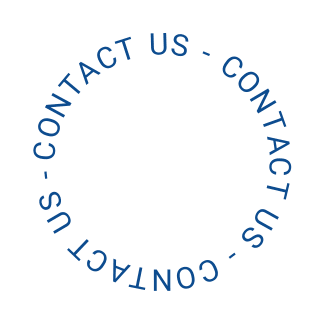



Services We Offer For Software Development & Consultancy
At AllZone Technologies, we provide custom software development and technology consultancy services. Our team has expertise in various solutions, including mobile apps, web platforms, cloud systems, and more. Our expertise pool now expands to cutting-edge technologies like AI, ML, IoT, and data analytics, all to take your business to the next level.
Industries We Empower With Our Software Development And Consultancy
Why Choose Our Software Development And Consultancy Services?
The software market is crucial for digital transformation. It is driving efficiency in business processes. Moreover, it has grown steadily and expects to continue, with cloud adoption, AI integration, and SaaS solutions leading the way. According to research, global software revenue reached US$659 billion, projected to rise to US$858 billion by 2028.
Partners Who Trusted Us
Healthcare
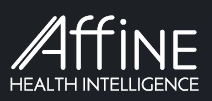
Education


E-commerce
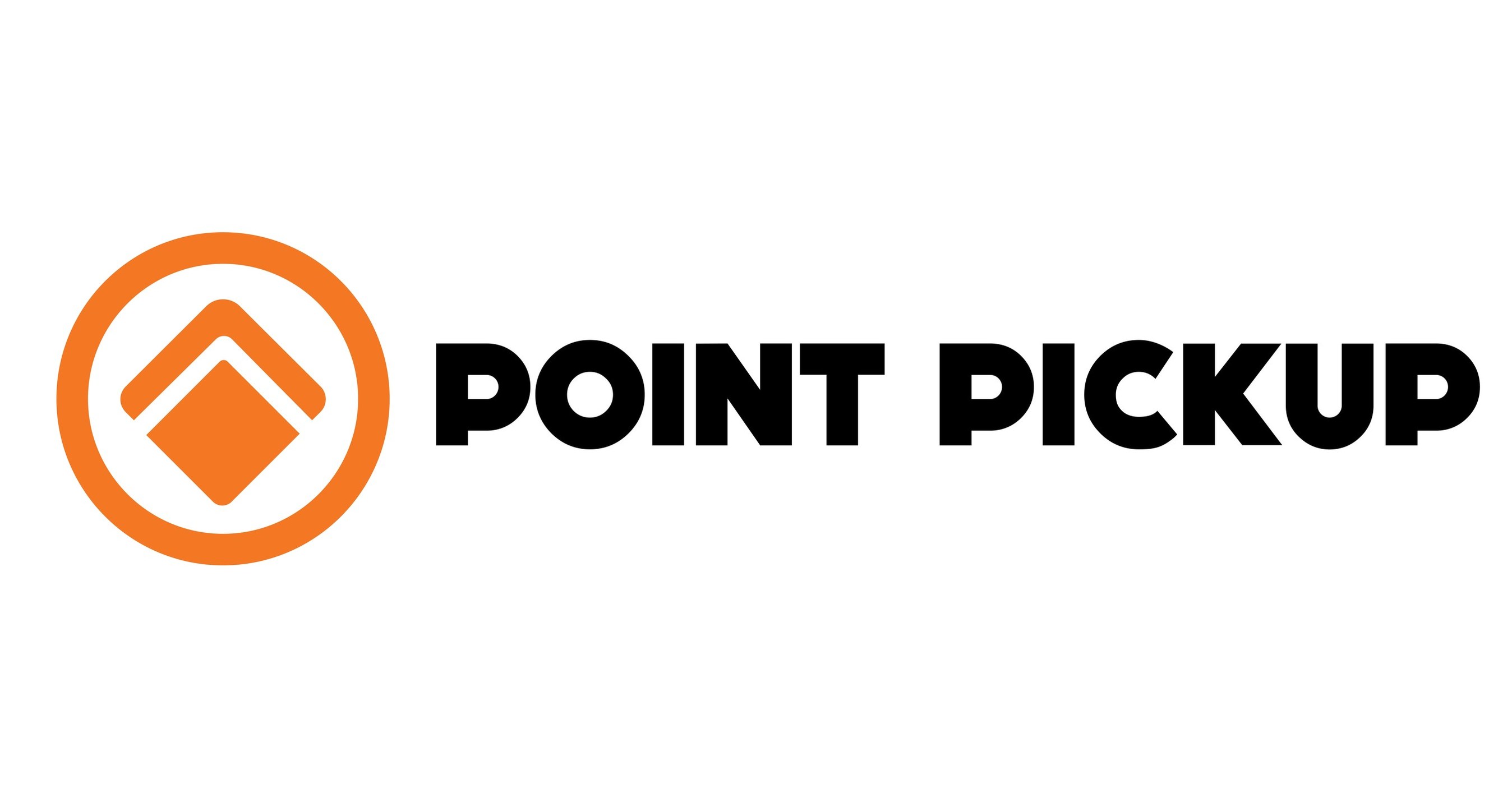


Textile


Travel & Hospitality


AI
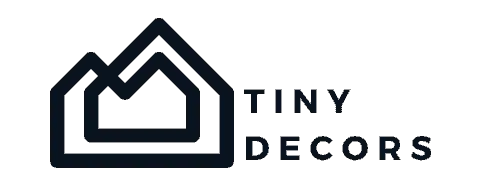


Insurance


Consulting

IT

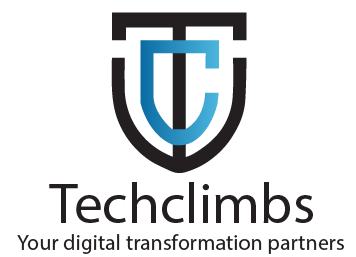
Transportation
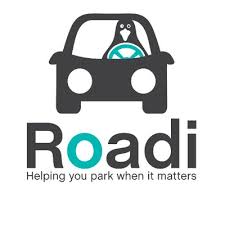

Real Estate
Immigration

TESTIMONIALS
Hear From Our Satisfied Clients About Our Software Development and Consultancy Services
Our 100% client success stories are a testament to the quality and effectiveness of our development services. We work closely with our clients to deliver results according to their expectations. But don't just trust our words instead hear them directly from them.

SparkUp AI
Project Manager
Working with Allzone on a React Native frontend project was a fantastic experience! They showcased professionalism, deep expertise, and a keen eye for detail. They not only met all project requirements but also provided valuable suggestions that enhanced the user experience. Their communication was smooth, and he ensured a seamless, pixel-perfect interface with excellent performance. I highly recommend them!

Brandon Jolley
PowerStation software
It was great working with the team! Highly experienced, organized, and technically skilled, they provided invaluable support for our project. Communication was seamless, and I look forward to collaborating again.

Tracy Hurley
Product Owner
Finding a reliable team can be challenging, but this team exceeded my expectations! They were highly responsive, delivered top-quality work on time, and even adjusted to USA work hours to fit my schedule. I truly appreciate their dedication and will definitely work with them again!

SparkUp
I must say that Allzone’s development team was fantastic to work with! They took the time to understand our needs and handled every detail. Communication was easy and smooth and they kept us updated throughout. Everything was delivered on time, and the final result was even better than we expected. Would definitely work with them again.
Let’s talk
Let’s Develop A Custom Software Solution For You.
Fill out this form, and we'll match you with our top team lead for a FREE software development consultation! This exclusive offer is available for a limited time, so don’t miss out!



